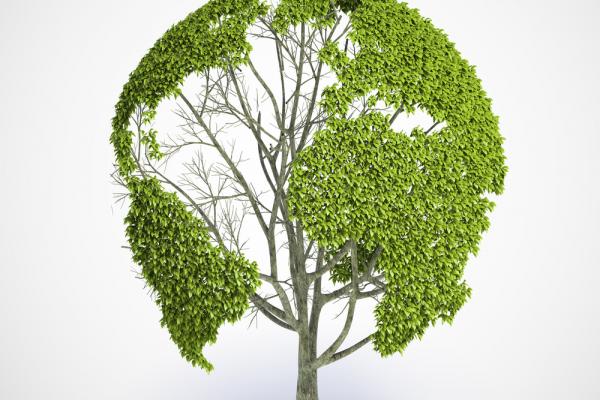Jun 8, 2015
Why does caring about Jesus mean we should care for the earth? There are plenty of Old Testament passages about the lordship of God over all creation, but let’s limit ourselves, for the sake of evangelical argument, to Jesus. He cares about ecology because of his incarnation into creation, his miracles restoring creation, and his lordship over creation.
Read the Full Article

Already a subscriber? Login
